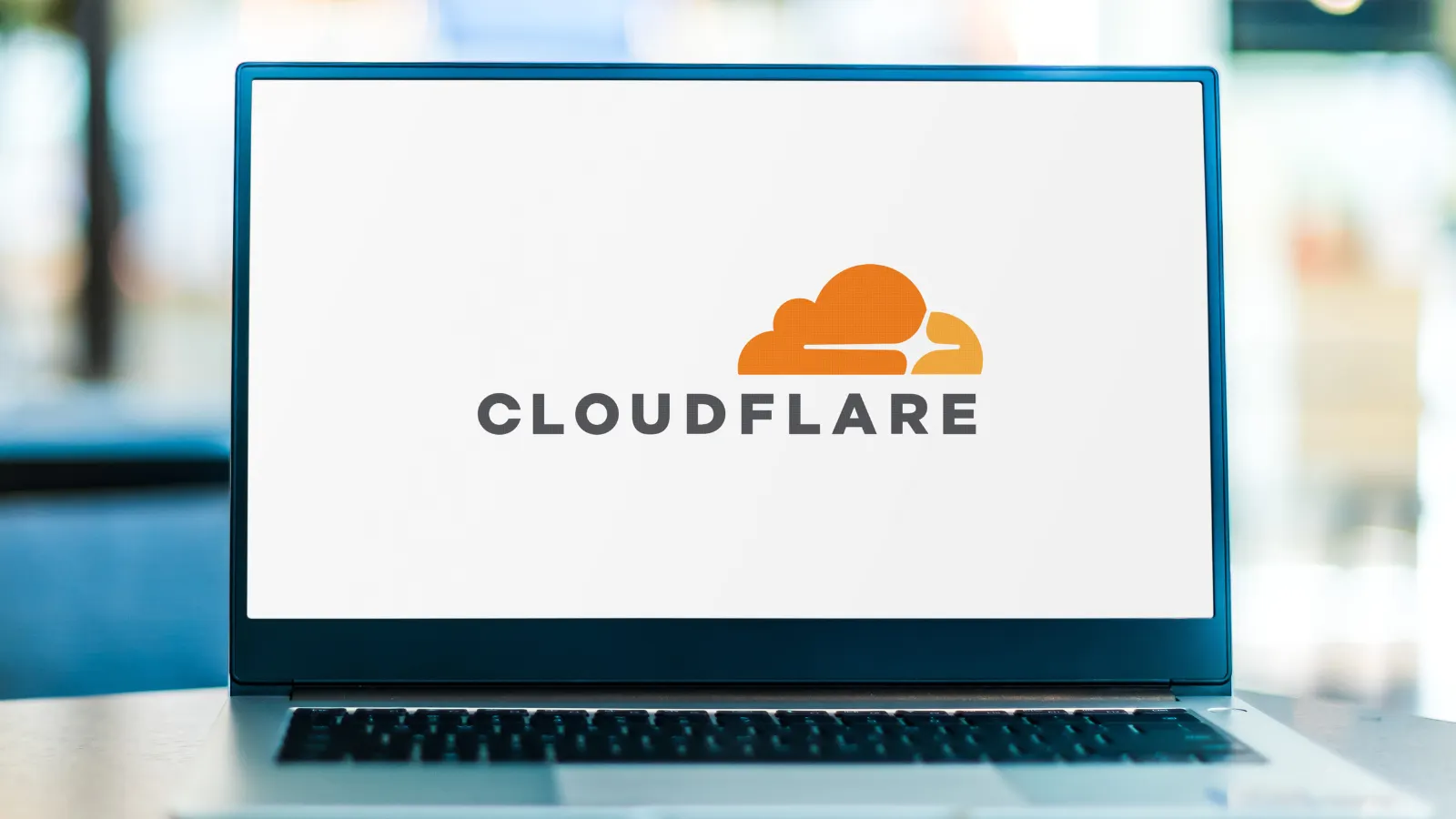Internet performance and security company Cloudflare unveiled on Wednesday the introduction of Cloudflare AI and a suite of generative artificial intelligence tools for developers to build on using its vast array of servers.
Cloudflare’s new AI platform—released on the company's 13th anniversary—is intended to enable developers to build “full-stack” and “production-ready” AI applications on Cloudflare's network rather than their own servers, providing a fast and affordable way to deploy AI models without the hassles of direct infrastructure management.
The new platform also brings several new offerings to Cloudflare’s AI toolbox.
“Around our anniversary, which we consider our birthday, we traditionally announce new products,” Cloudflare CEO Matthew Prince shared with Decrypt. “We're going to help push the AI world forward with the delivery of everything we're doing around the space.”
Founded on this day in 2009, San Francisco-based Cloudflare serves as a protective and boosting interface between a website and its users. leveraging the domain name system (DNS) to enhance and secure websites, ensure rapid content delivery, defend against malicious attacks, and optimize web performance through its global network of servers.
Last year, Cloudflare stepped into Web3, saying that the internet security company planned to run and stake Ethereum validator nodes after the blockchain moved from a proof-of-work to a proof-of-stake algorithm, colloquially known as ‘The Merge.’
After the decentralized cryptocurrency exchange Balancer was the target of a DNS attack last week, the developers behind the exchange set up a Cloudflare alert to warn users about interacting with exchanges' frontend and wallets.
Other companies providing cloud AI deployment services include Amazon Web Services (AWS), Azure by Microsoft, IBM Cloud, and Google Cloud.
Prince highlighted the other features being announced along with Cloudflare AI, including Worker AI, which aims to provide seamless and cost-effective GPU access on Cloudflare's expansive network, optimized for rapid AI tasks. With Vectorize, developers can efficiently perform embeddings in Worker AI. Finally, the newly launched AI Gateway assists users in monitoring AI utilization, enabling them to comprehend and manage associated costs.
Companies working with Cloudflare to develop its AI platform include Microsoft, NVIDIA, Hugging Face, Databricks, and Facebook parent company Meta.
“Our primary goal is to streamline the deployment of a Hugging Face model from their library across Cloudflare’s infrastructure, ensuring [that] it's operational in no time,” Prince elaborated. “Also, [Hugging Face] is going through their model catalog and optimizing the model to make sure that they will run as well as possible across our entire infrastructure.”
In addition to creating and running new models, Cloudflare said developers can use the Cloudflare AI platform to develop plugins for OpenAI’s ChatGPT. Along with training customizable AI models and developing plugins, Prince said Cloudflare AI also addresses the financial challenges of deploying AI workloads while also ensuring customer data privacy and compliance.
The cost of maintaining and running queries on an AI chatbot can add up quickly. In a February 2023 report, data analytics firm SemiAnalysis estimated the cost of running ChatGPT amounted to $644,444 per day in hardware cost and $0.36 per query. Prince noted that high costs necessitate robust systems from the outset.
“It's also the case when things like GPU resources are scarce,” he said. “Cloudflare makes it easy to move data to wherever there are available resources instead of just assuming that you're going to have resources on whatever platform you're on.”
However, financial cost and infrastructure challenges are not AI developers' only issues. Cybercriminals' misuse of advanced AI technology, especially to create scams and illegal deepfakes, poses an enormous risk that businesses, dignitaries, and policymakers continue to grapple with. Prince emphasized the need for ongoing industry vigilance and assessment.
“I'm pretty optimistic that there are more good guys than bad guys, and the good guys tend to have more resources than the bad guys do, and that is the solution to many of the problems,” Prince concluded.

